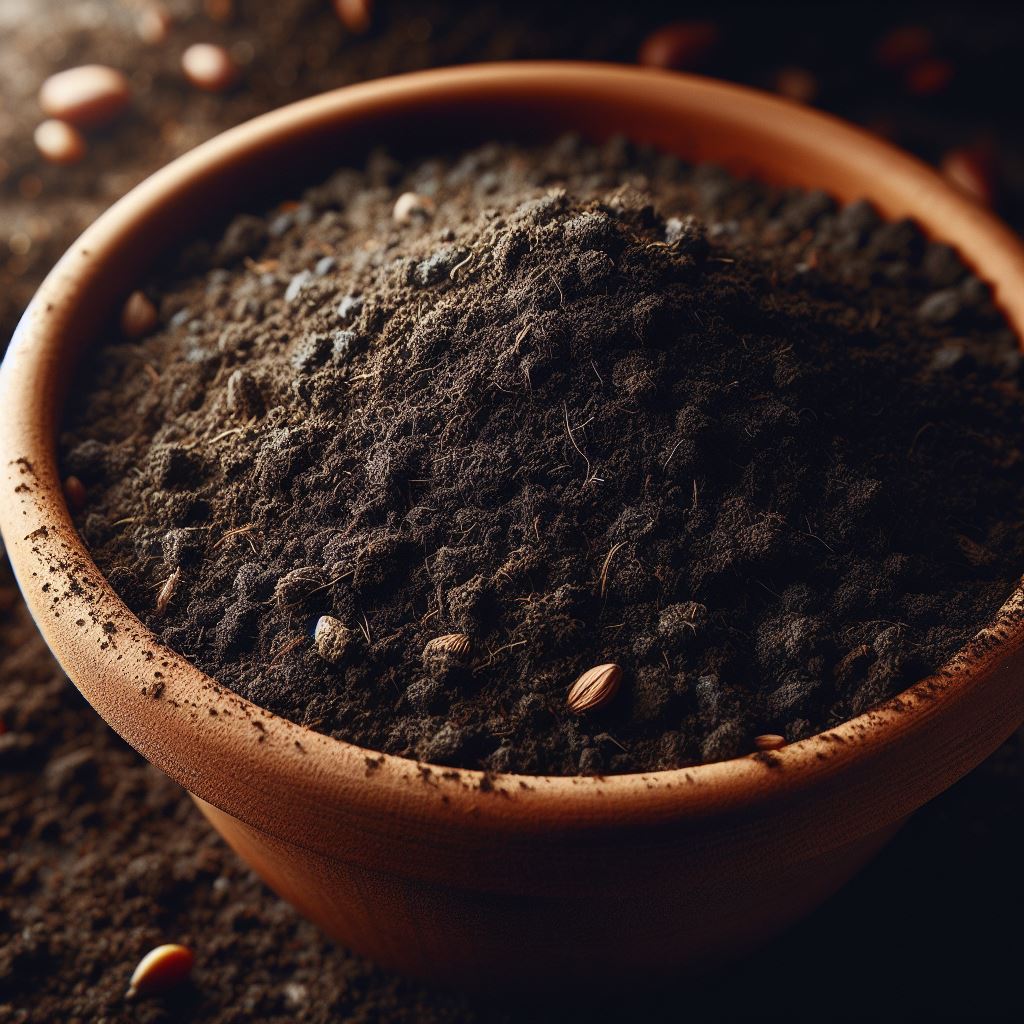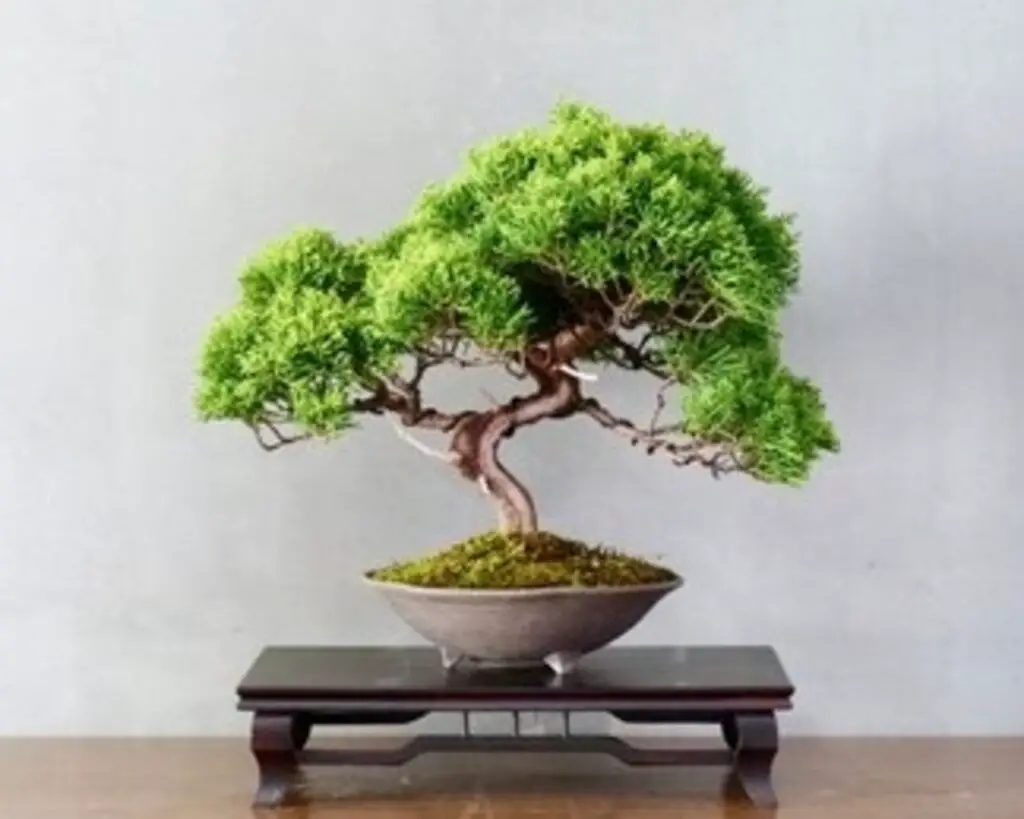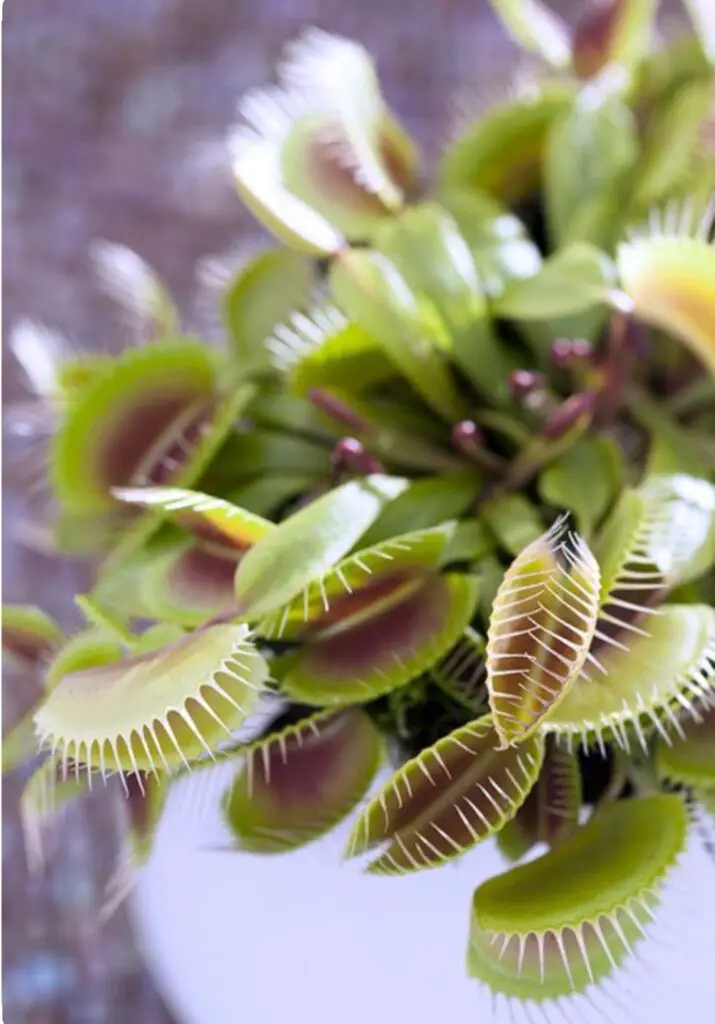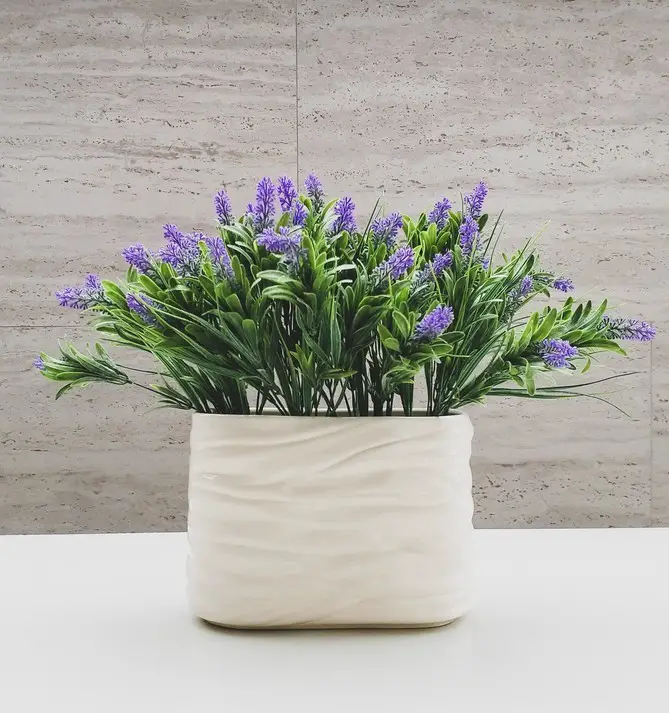
Understanding Alkaline Soil
Alkaline soil, also known as basic soil, has a pH level above 7.0. This type of soil is typically found in areas with limestone or chalk deposits. Alkaline soil can pose challenges for gardeners as it can affect nutrient availability and plant growth. However, with the right plant selection and proper soil amendments, you can still create a beautiful garden in alkaline soil.
Characteristics of Alkaline Soil
To better understand alkaline soil, it’s important to know its characteristics:
| Characteristics | Description |
|---|---|
| pH Level | Alkaline soil has a pH level above 7.0, indicating a higher concentration of alkaline minerals. |
| Texture | Alkaline soil tends to have a heavy texture, which can affect drainage and water retention. |
| Nutrient Availability | Alkaline soil can limit the availability of certain nutrients, such as iron, zinc, and manganese, which can lead to nutrient deficiencies in plants. |
| Calcium Content | Alkaline soil often contains high levels of calcium, which can affect the availability of other nutrients. |
Choosing Plants for Alkaline Soil
When selecting plants for alkaline soil, it’s important to choose varieties that are tolerant of or even thrive in this type of environment. Here are some of the best plants to consider:
Trees and Shrubs
1. Amur Maple: This small tree is known for its stunning fall foliage and can tolerate alkaline soil conditions.
2. Juniper: Junipers are hardy evergreen shrubs that can thrive in alkaline soil.
3. Russian Sage: This perennial shrub produces beautiful purple flowers and is well-suited for alkaline soil.
Perennials
1. Lavender: Lavender is a fragrant perennial that thrives in alkaline soil and adds beauty to any garden.
2. Yarrow: Yarrow is a hardy perennial with clusters of colorful flowers that can tolerate alkaline soil conditions.
3. Echinacea: Also known as coneflower, Echinacea is a popular perennial that can thrive in alkaline soil and attracts pollinators.
Vegetables and Herbs
1. Asparagus: Asparagus is a delicious vegetable that can tolerate alkaline soil and provides a bountiful harvest.
2. Sage: Sage is a flavorful herb that thrives in alkaline soil and is commonly used in culinary dishes.
3. Rosemary: Rosemary is a fragrant herb that can tolerate alkaline soil and adds flavor to various dishes.
Related article: How to Deal with Alkaline Soil
Improving Alkaline Soil
If you have alkaline soil in your garden, there are steps you can take to improve its quality:
Soil Amendments
Adding organic matter such as compost, well-rotted manure, or peat moss can help improve the structure and fertility of alkaline soil. These amendments can increase the soil’s ability to retain moisture and nutrients, making it more suitable for a wider range of plants.
pH Adjustment
In some cases, adjusting the pH of alkaline soil may be necessary. Acidifying agents like sulfur or aluminum sulfate can be used to lower the pH and make the soil more acidic. However, it’s important to test the soil and follow the recommended application rates to avoid over-acidification.
Plant Selection
Choosing plants that are naturally tolerant of alkaline soil can save you time and effort. By selecting the right plants, you can minimize the need for extensive soil amendments and adjustments.
Read more: How to Prepare Soil for Planting and Growing Vegetables
Frequently Asked Questions (FAQs)
1. Can I grow roses in alkaline soil?
Yes, there are rose varieties that can tolerate alkaline soil. Look for roses labeled as “alkaline soil tolerant” or “pH adaptable” when choosing roses for your garden.
2. Are there any vegetables that thrive in alkaline soil?
Yes, several vegetables can grow well in alkaline soil. Some examples include asparagus, beets, broccoli, cabbage, and carrots. It’s always a good idea to check the specific requirements of each vegetable variety before planting.
3. How can I test the pH of my soil?
You can test the pH of your soil using a soil testing kit or by sending a soil sample to a local agricultural extension office or a soil testing laboratory. These tests will provide you with accurate information about the pH level of your soil.
Conclusion
While alkaline soil can present challenges for gardeners, many plants can thrive in this type of environment. By understanding the characteristics of alkaline soil and selecting the right plants, you can create a beautiful and flourishing garden. Remember to consider soil amendments and pH adjustments if necessary to optimize the growing conditions for your plants.




